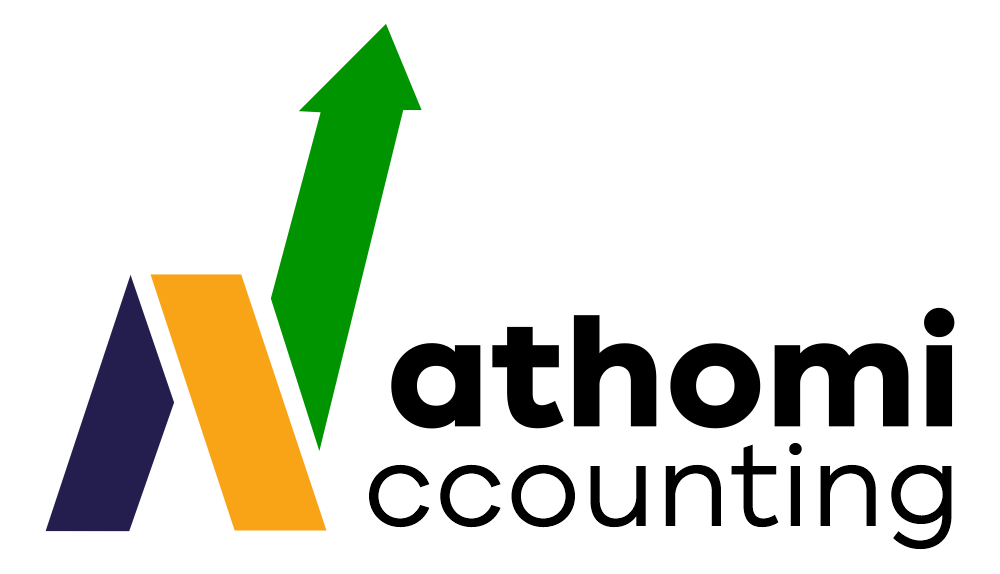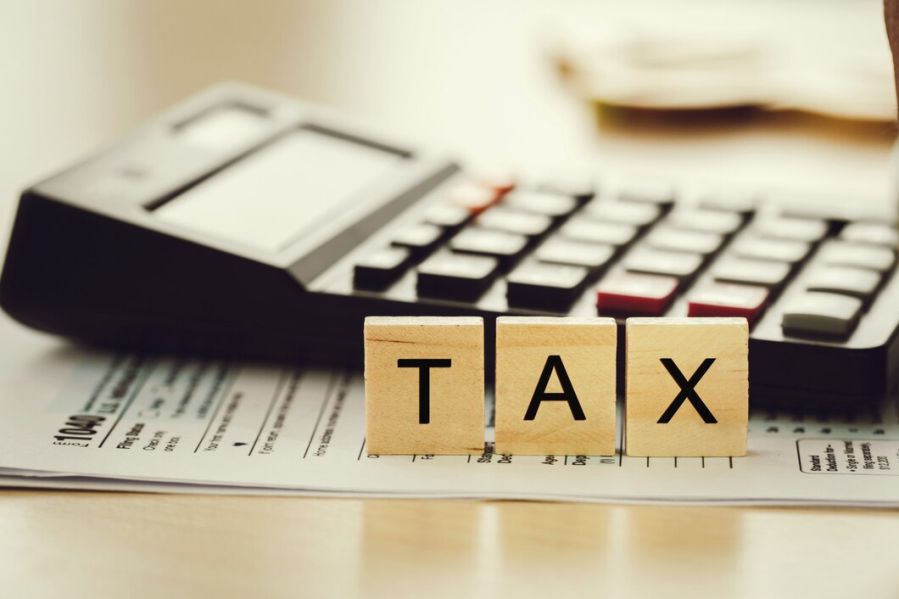10 Best Tax Planning Benefits for Startups Business Startups, listen up! Did you know there
Best Industry Insight for Northwich Accounting for SMEs and Individuals
7 Tax Saving Strategies Every Northwich Business Owner Should Know Running a business in Northwich
Risk Management Strategies for SMEs Navigating the complex landscape of risk management can be a
7 Crucial Factors To Consider When Choosing an Accountant in Northwich Choosing the right accountant




